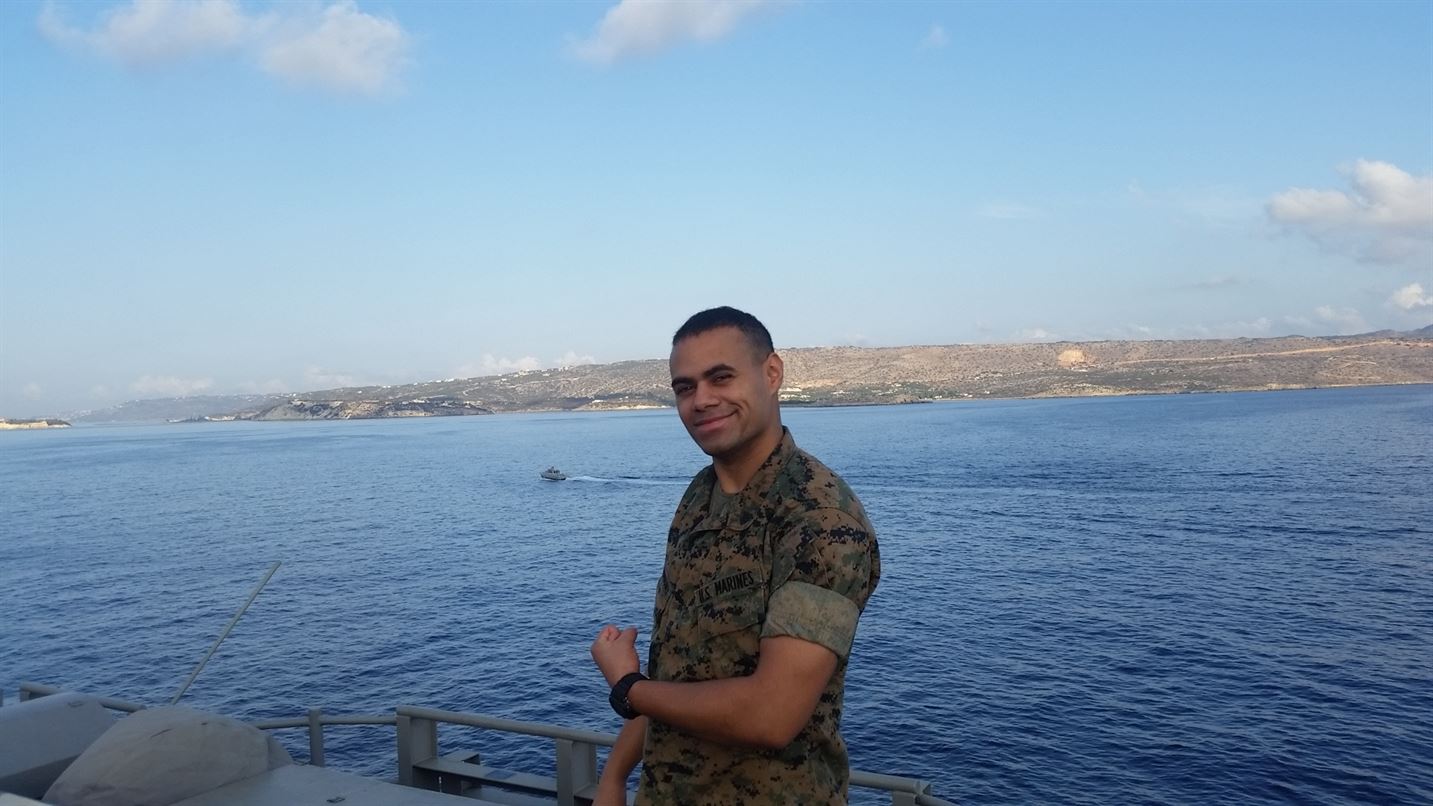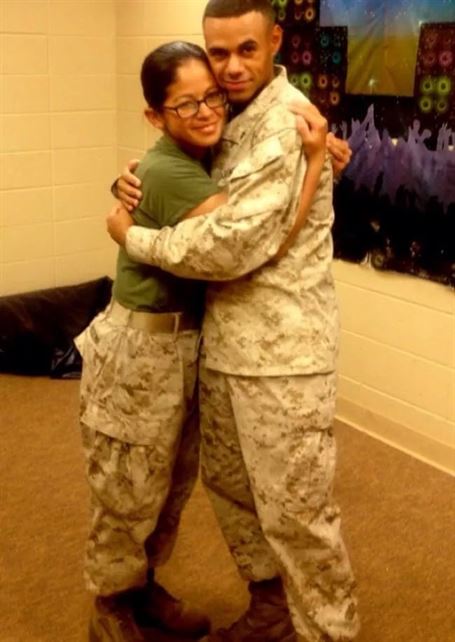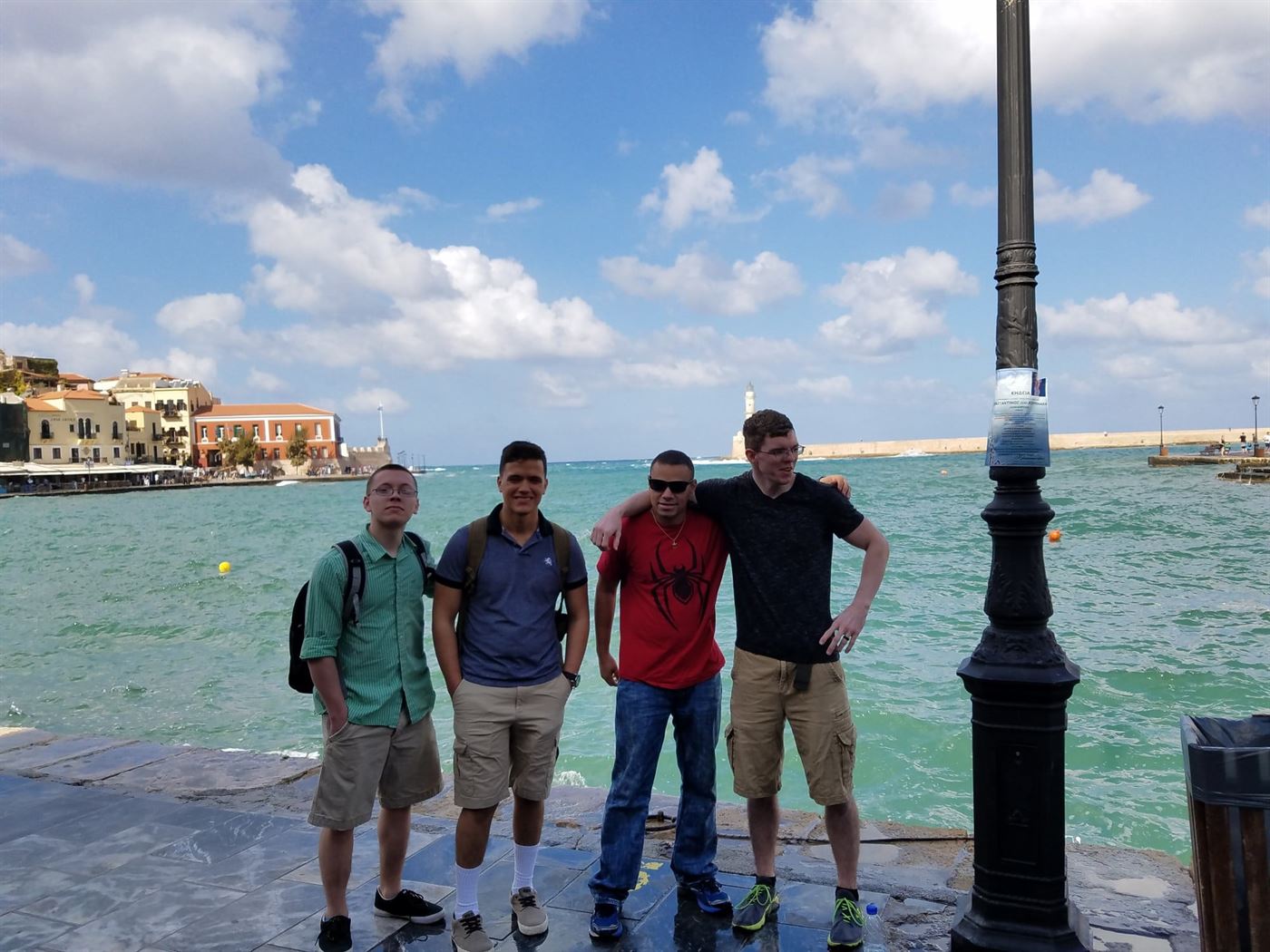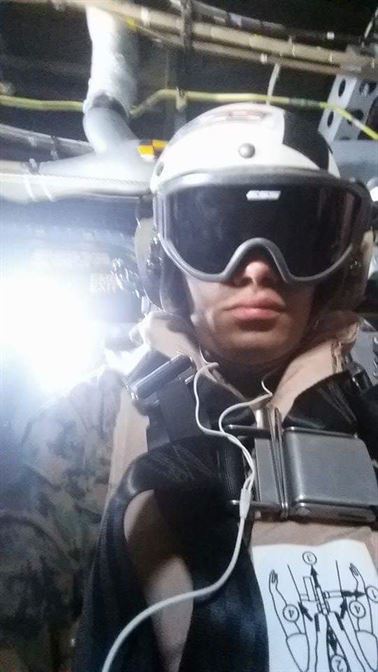Alfredo Garcia has seen the devastating affects that depression can have on individuals, especially those that have served in the military.
“What made me open my eyes was the fact that I’ve seen very close friends take their own lives,” Garcia said.
After four years in the military, the marine started studying psychology at Montclair State University in hopes of helping veterans with post-traumatic stress disorder (PTSD).
Garcia moved to the United States from the Dominican Republic with his father in 2003 at 9 years old. He explained that seeing skyscrapers was a “culture shock” from living with his mother and grandparents in a wooden house.
Garcia joined the Marine Corps at age 20.
“I was at a point in my life,” he said. “I was thinking, ‘What is the meaning of life?’ Or like, ‘what am I doing with my life?’”
While in a community college in New York, Garcia saw a recruitment station for the Marine Corps. He believed that the United States had given him many opportunities, and he wanted to give back.
“My way of helping out and doing something for the people was joining the military,” Garcia said.
In the Marine Corps, Garcia worked as an aviation supply specialist and earned the fourth enlisted rank of corporal. He was deployed overseas in July 2016, traveling all over to countries such as Syria, Greece, Germany, Djibouti, Italy and parts of Africa. He returned to the United States right before Thanksgiving in November 2016.

This photo was taken before Corporal Garcia traveled to Greece on his deployment on the 22nd MEU last year.
Photo Courtesy of Tyler Jones
Garcia has been awarded multiple medals throughout his military service, including a National Defense Service Medal and a Global War On Terrorism Service Medal. He was also awarded a Marine Corps Good Conduct Medal, which is earned by Marines who served honorably within the past three years.
He also received three certificates of commendation by his commanding officer for being the leading expediter for Squadron 264, along with a Sea Service Deployment Ribbon for spending months overseas in 2016.
“[Garcia] is dependable, and I always looked forward to working with him,” said Cpl. Alberto Mattson, who worked with Garcia within his unit MALS-26 in New River, North Carolina.”We would always accomplish the mission together [while] sharing a few laughs along the way.”
When the veteran went to community college, he had not declared a major. After serving in the military, the 24-year-old realized he wanted to get a psychology degree to help veterans struggling with mental illness.
Garcia stated that he has seen veterans have their mental and physical states affected by war and believes that they need support through the aftermath. He wants to help the military community as they are an important part of our society.
Garcia chose Montclair State to be with his wife, Babee Garcia, who studies journalism. The pair met in the Marine Corps after boot camp training. She was his squad leader in marine combat training in North Carolina, where he learned strategy and weapon training.

Private First Class Garcia and Private Medina (Babee’s maiden name) had their first date at the Single Marine Program (SMP) in their Military Occupational Speciality (MOS) school in Meridian, Mississippi.
Photo Courtesy of Babee Medina
“She was so energetic and this person who had so much courage,” Garcia said. “I was like, ‘You know what? This is the girl I want to go for.’”
Adjunct psychology professor Diane Hefferon, who has taught at Montclair State for 10 years and is one of Garcia’s professors, expressed the importance of getting more students who are willing to study mental illness.
“PTSD and TBI (traumatic brain injury) have gained a lot of popularity because there have been a lot of military coming back,” Hefferon said. “We really need a lot of people willing to work with veterans and really work with PTSD.”
She also mentions most of the clients she works with outside of Montclair State suffer from brain or spinal injury and substance abuse. Usually, PTSD is a common reason for the substance abuse.
According to Hefferon, the psychology field is a rewarding experience.
“One of your big strengths is you need to have empathy, so if you’re going into the field you need to be empathetic,” Hefferon said.
Garcia said in the Marine Corps he felt united with the other servicemen and servicewomen. After being honorably discharged from his service, the lack of communication between his brothers at arms has made him feel lonely at times.
“I wanted a family,” Garcia said. “I joined the military, and I [felt] like I found it. Now that I’m out — I told Babee — I’m very lonely.”

Corporal Garcia and his Marine friends in Crete, Greece during their liberty hours.
Photo Courtesy of Steven Medina
While the lack of communication is difficult, Garcia said one of the good things about joining the military is that if he needed to reach out to his brothers at arms for support, he could.
Garcia said his mother and wife are proud of his decision to go into psychology. After completing his bachelor’s degree at Montclair State, Garcia will look into getting his master’s.
-This article was originally published in HawkTalk Magazine.



